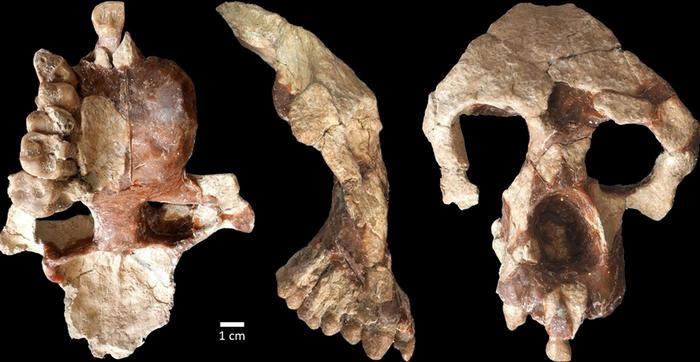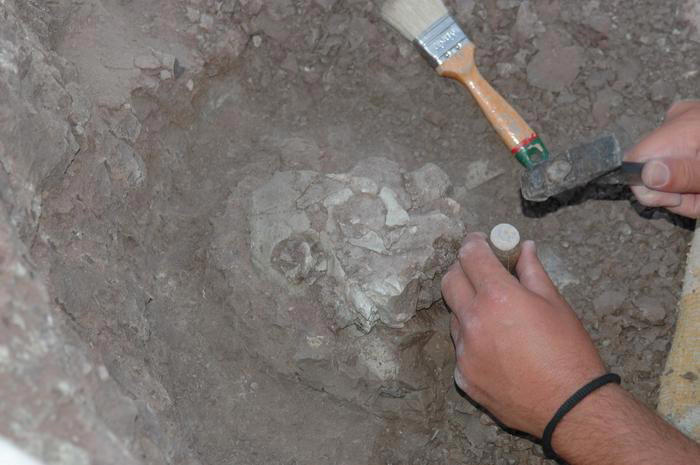

















Underworld discovery challenges our understanding of human evolution
Mankind might have walked out of Africa but their ape ancestors walked in there from Europe, a new study has sensationally claimed.
A new ape from nearly nine million years ago has been discovered in Turkey and is related to living African apes and humans.
The find underscores a theory that apes developed in Europe for around five million years before migrating to Africa where modern humans developed.
The ape, Anadoluvius turkae, is around 8.7 million years old, about the size of a female gorilla and probably lived on the ground in a dry forest setting.
It was surrounded by what we now call African animals such as giraffes, wart hogs, rhinos, antelopes, zebras, elephants, porcupines, hyaenas and lion-like carnivores.
Scientists now believe that Anadoluvius followed them from the eastern Mediterranean into Africa some time after about eight million years ago.
A team from the University of Toronto studied a well-preserved skull of Anadoluvius recovered from the Çorakyerler fossil locality near Çankırı in 2015.
Mediterranean fossil apes are diverse and are part of the first known radiation of early hominines – the group that includes African apes such as chimpanzees, bonobos, gorillas, humans and their fossil ancestors.
Modern humans, or homo sapiens, began to leave Africa around 180,000 years ago though they are thought to have evolved about 300,000 years ago.
Story by Jim Leffman


